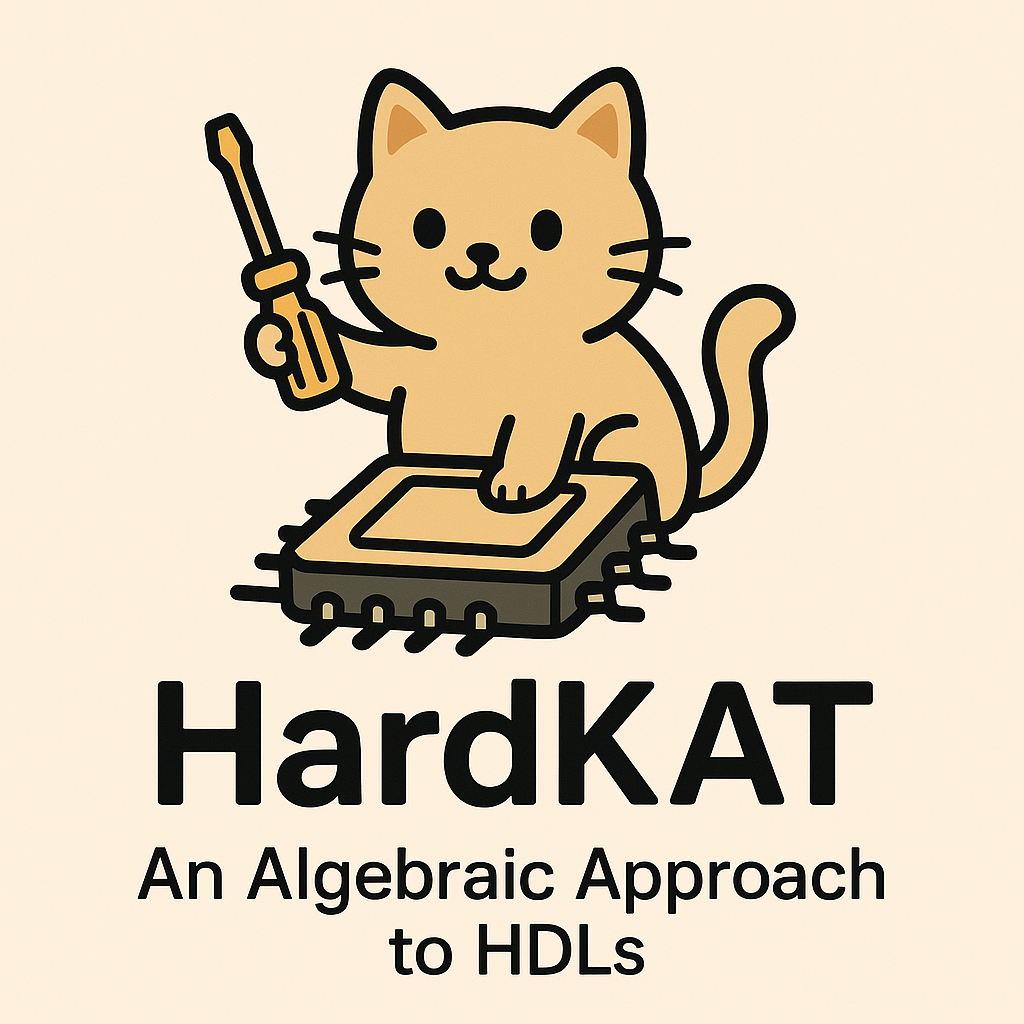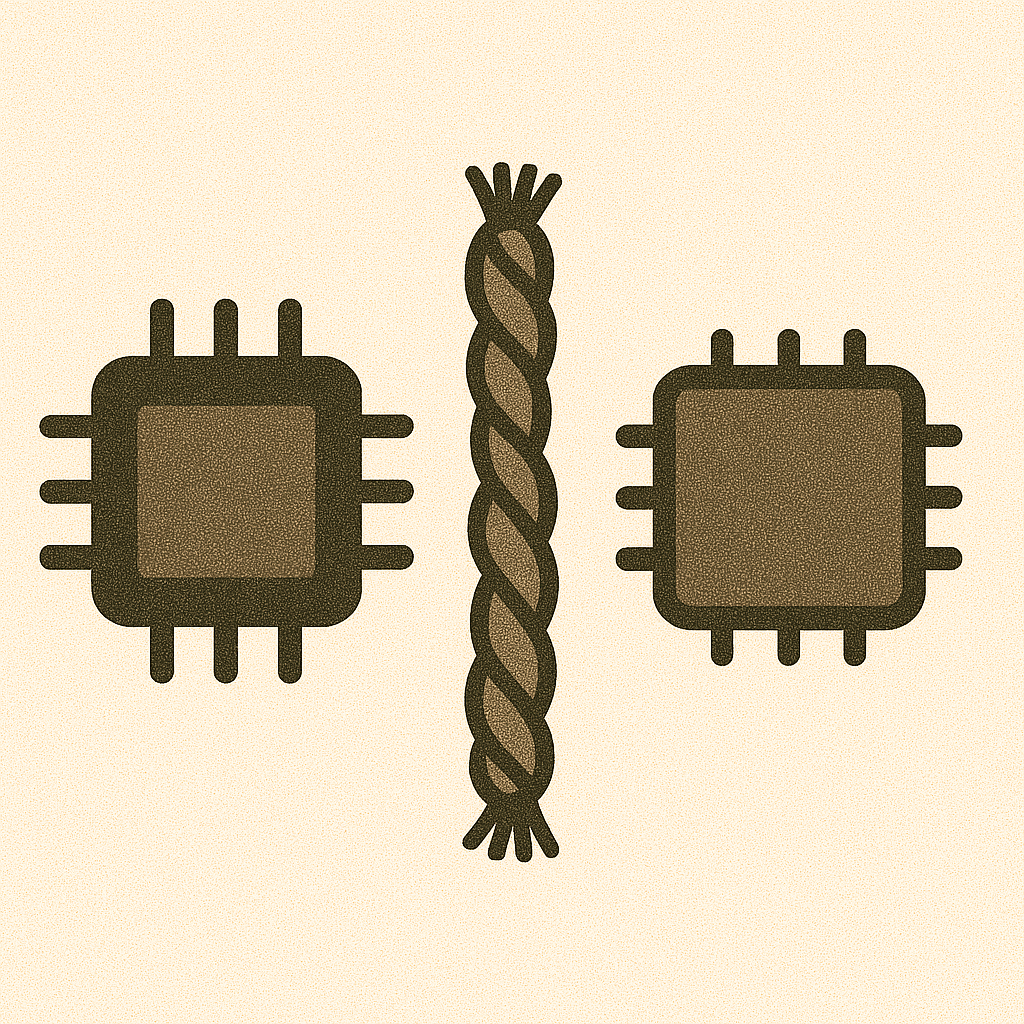Hey, I'm Yonathan
I'm a PhD student at the University of Michigan. I'm advised by Prof. Austin and Prof. Jeannin working at the intersection of computer architecture and programming languages. My work applies techniques from programming language theory to the security and design of hardware and ISAs.
Outside of work, I spend my time making and drinking coffee ☕️ I also like photography, working out, and the occasional hiking trips when it's not freezing cold outside.
Latest news
Website update
May 01, 2025
The website is getting a much needed update. Hopefully will update things more than once a year this time :)
Will be at Intel this summer
April 01, 2025
Will be working with Intel's GPU compilers team again this summer. Excited to learn more about memory models.
At NYU for CSAW'24
Nov, 2024
Got to present our CCS'23 paper as a poster. It was a lot of fun talking to all the amazing people at NYU. And NYC was fun as always.
Selected Works




